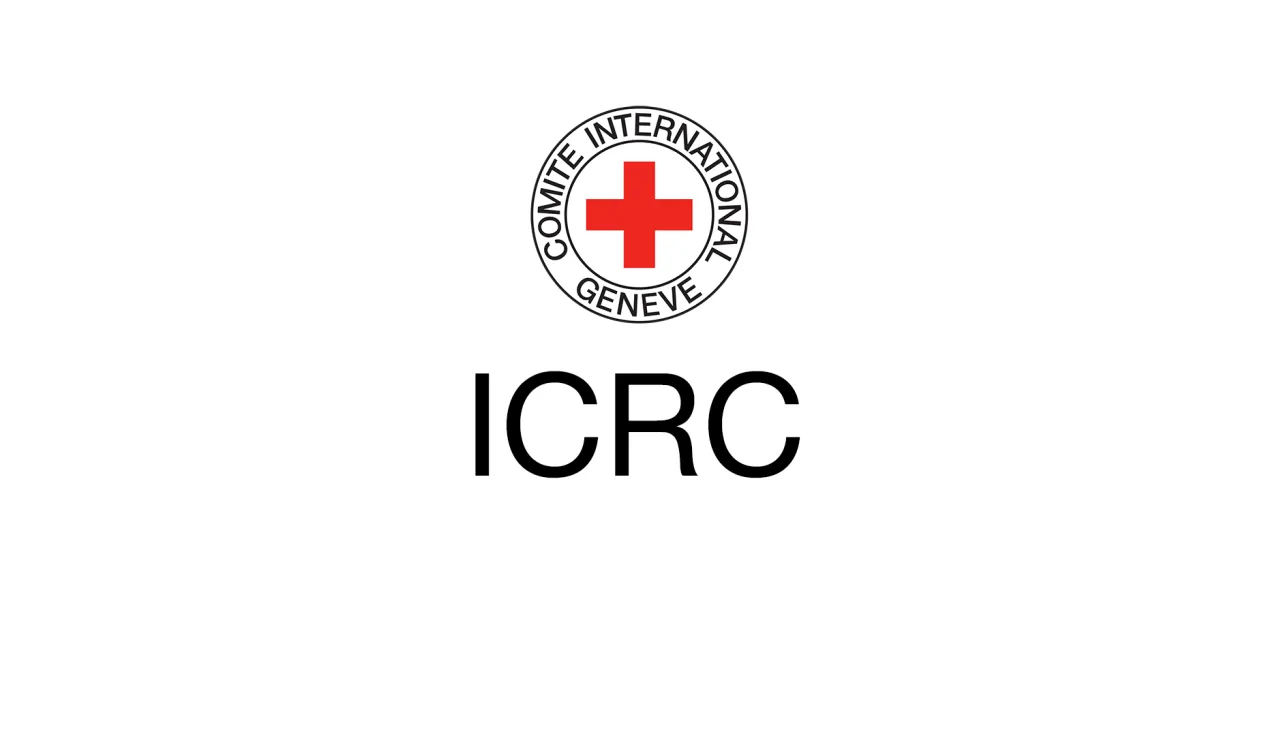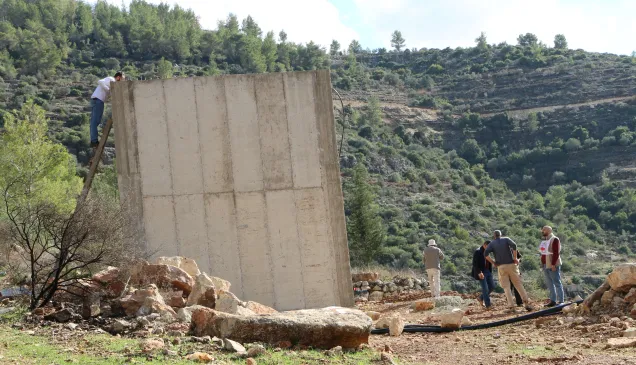Israel and the Occupied Territories: ICRC’ Response to Humanitarian Needs Generated by Recent Outbreak of Hostilities

Key Facts and Figures
07 October – 06 November 2023
One month on, civilians pay the heavy price of intense violence
Renewed hostilities in Israel and Gaza –unprecedented in scale and intensity– reached the one-month mark and the human toll of the conflict is both staggering and heartbreaking. Thousands of people were killed and tens of thousands injured, many of them young children. In Israel, families of over 240 hostages have no news from their loved ones, enduring 31 days of terrible suffering. Over 200,000 Israelis remain displaced from their homes. In Gaza, close to 1.5 million people are displaced and many of them have seen their homes and neighborhoods turned into rubble. As essential supplies and energy –crucial to operate hospitals, shelters, water facilities, bakeries– are running out fast, people are desperately trying to find food, water, and shelter for their families. Aid entry remains both insufficient and unpredictable, further exacerbating a dire situation. As hostilities continue unabated and keep increasing in intensity, nowhere in Gaza is safe and every day is a struggle to stay alive.
While the numbers of seriously injured people soared, health care workers in Gaza and in Israel showed incredible courage and dedication, working around the clock to save lives, not knowing if their own families were safe. In Gaza, medical teams continued to work amidst the violence and with insufficient water, electricity, and medical supplies. Hospitals are meant to be sanctuaries for the sick and wounded, places to save lives and provide care. Tragically, over the past month they have also become scenes of death and destruction, despite their special protection under international humanitarian law.
While the world’s attention focused on the tragedy in Israel and Gaza, a steady rise in violence gripped the West Bank. Over 150 people lost their lives, over 2,000 were seriously injured, and over 2,000 were arrested. Entire communities lost their lands, homes, or livelihoods.
Initially drawing on its built-in emergency response capacity, the International Committee of the Red Cross (ICRC) swiftly adjusted and stepped up its response, coupling life-saving operations with its role as guardian of international humanitarian law (IHL) and its strong protection mandate: the ICRC has called incessantly for respect for IHL, for civilian lives, for access to and release of hostages in Gaza, for more lifesaving aid to reach people in Gaza, and for resumption of access to Palestinian detainees in Israeli detention.
We are working closely with our partners, the Palestinian Red Crescent Society (PRCS) and the Magen David Adom (MDA) in Israel, to support their respective emergency services and coordinate a collective Red Cross Red Crescent Movement response.
- Reminded parties to the conflict of their obligations under International Humanitarian Law (IHL), including principles on the conduct of hostilities (i.e., distinction, proportionality, precaution), protection of civilians and their property, restrictions of movement, humanitarian access and assistance, prohibition of spreading terror among civilian population, prohibition of hostage-taking, protection of the medical mission, and the ICRC’s access to all persons deprived of liberty in Gaza, Israel and the West Bank.
- Documented alleged IHL violations and humanitarian consequences of the violence in Gaza, Israel, and the West Bank, raising concerns with the parties to the conflict and relevant authorities as part of our continuous bilateral and confidential dialogue.
- Exerted relentless efforts to resume visits to Palestinians detained in Israel and to re-establish family contact.
- Exerted relentless efforts to obtain the release, humane treatment, access to healthcare, and ICRC visits to all hostages held in Gaza and to provide answers to their families.
- Facilitated the safe return of four hostages released from the Gaza Strip to Israel.
- Carried out over 70 real-time interventions to facilitate safe and unimpeded access for emergency medical services in the West Bank.
Responding to People’s Urgent Needs
- Provided medical supplies to 9 health facilities, covering 10,740 patients in the Gaza Strip.
- ICRC’s surgical team has successfully carried out the first two operations at the European Gaza Hospital (EGH) and identified 40 complicated burn and trauma cases for treatment at the EGH. We also provided war-surgery kits to treat up to 5,000 patients.
- Provided physiotherapy services for over 20 patients at the EGH.
- Worked with the Israeli Trauma Coalition to provide mental health support to people affected by hostilities in Israel.
- Provided more than 1,000 liters of IV fluids for emergency health facilities in the West Bank.
- Processed over 12,300 calls from people who contacted ICRC offices regarding protection needs.
- Processed over 3,400 calls to ICRC helplines in Arabic, Hebrew, and English, on issues including hostages and detainees.
- Documented over 1,900 requests to clarify the fate of relatives gone missing.
- Provided 1,200 forensic items (face masks, face shields, personal belonging kits) to medical teams in Israel.
- Provided 8,760 forensic items (body bags and other materials) to medical teams in Gaza.
- Provided essential household items to 27,300 internally displaced persons in Gaza (kitchen sets, hygiene materials, jerrycans, tarpaulins).
- Increased and adjusted our integrated protection-assistance response in the West Bank to respond to new needs.
- Provided 5,000 chlorine tablets to purify up to 50,000 liters of water in Gaza.
- Provided more than 5,400 m3 of clean water for over 115,000 people across Gaza.
- Enabled access to clean water for 250,000 people in Gaza City and Deir El-Balah .
- Provided more than 56,900 litres of fuel to keep critical water and health facilities in Gaza running.
- Carried out 92 interventions and provided over 20 pieces of equipment to enable emergency repairs to Gaza’s water network.
- Adjusted our integrated protection-assistance response in the West Bank.
- ICRC/PRCS awareness campaign (through SMS and Telegram to help civilians avoid risks of unexploded ordnance.
- Adapted channels and messaging for future campaigns, including to avoid risks from shelling and shootings.



